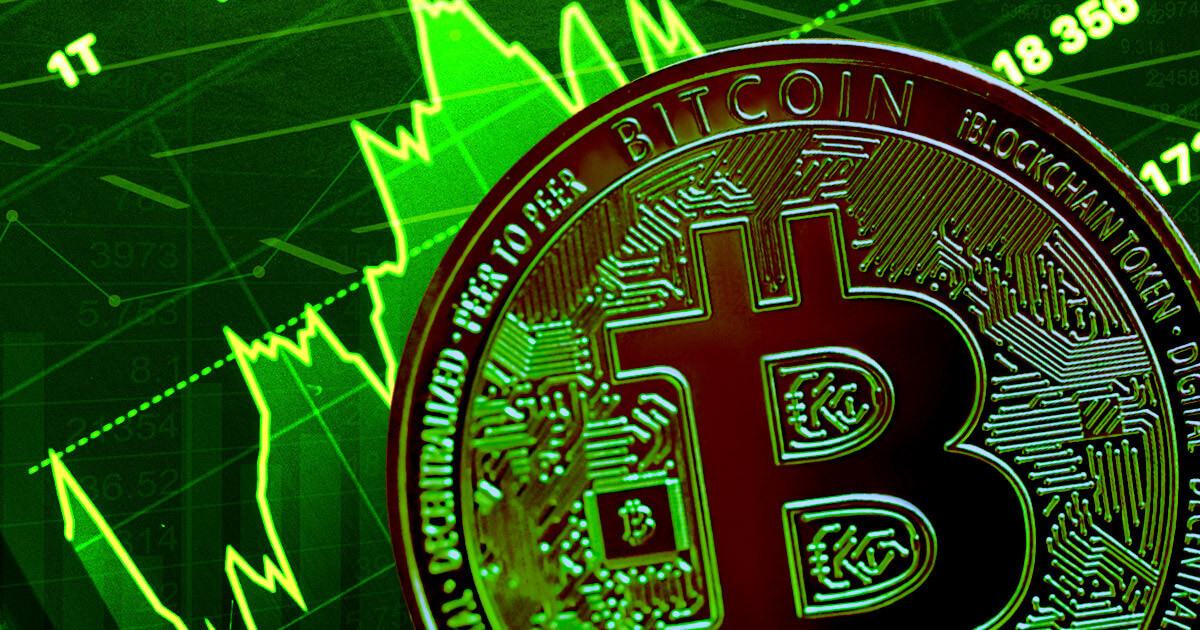Climate change is set to transform the nature we live in, threatening the poor and vulnerable more than anyone else. Many people, including the World Bank Group in its draft Evolution Roadmap, have suggested including “resilience” as a central criterion of development. However, unlike other criteria such as income levels, resilience is neither well defined nor easily measured. In a new study, we revisit the definition of resilience, argue that it is not the inverse of “fragility” and describe how economic institutions affect the trade-off between the two.
Resilience and fragility
Resilience has recently become one of the most popular concepts in literature. It was even suggested as the word of the year in 2021, and again in 2022. Despite its popularity, resilience is often used ambiguously—even as an antonym to fragility, which violates the dictionary definitions. Consider a glass of water. Water is more fragile than glass (it changes its form more easily under pressure), but it is not less resilient (it bounces back more easily).
The distinction between the two concepts goes beyond semantics. To see this, take an indicator that measures something good (more of it is better), say income. Suppose it is at (I) level normally (Figure 1). When a disaster strikes at time (t), income falls to (i) and then gradually returns back to its normal level over time.
Figure 1. Defining fragility and resilience for a given indicator
In this simple example, fragility can be defined as the relative size of the immediate impact, (I-i) as a share of (I). Whereas resilience focuses solely on the speed of recovery from the shock, that is (B) as a share of (A+B). This distinction between the two concepts can be instrumental in designing policies for natural disaster preparedness and recovery. For instance, in the case of an earthquake, whether the infrastructure can withstand the tremors (fragility) and how quickly the economy rebounds after the disaster (resilience) are driven by different mechanisms (the extent of earthquake-proofing of buildings versus the ability to stimulate the local economy with cash transfers, for instance). The ability to distinguish between these two mechanisms also helps discover interesting patterns in how natural and economic systems cope with climate shocks, to which we next turn.
Fragility-resilience trade-off in ecosystems and economic systems
Recent ecological research provides a comprehensive analysis of coastal ecosystem susceptibility to tropical cyclones using the above approach. An intrinsic resistance (the inverse of fragility) indicator captures the degree to which an ecosystem can remain unchanged despite disturbances like changes in wind, temperature, or precipitation. Further, an intrinsic resilience indicator captures the ability of an ecosystem to return to the reference state after a disturbance. The study finds a systematic trade-off between intrinsic resistance to weather shocks and intrinsic resilience across different ecosystems and organisms. For example, while those species with relatively long lives, delayed sexual maturity (low reproduction), and low adult mobility tend to develop high resistance to disturbance, others with high mobility and shorter fertility cycles (relative to tropical cyclone cycles) do not benefit much from resistance and instead focus on developing resilience.
In our simulations, we have detected similar trade-offs in economic systems. For instance, other things being equal, trading with other countries (i.e., openness in economic terminology) can make an economy both more fragile and more resilient at the same time (Figure 2.a). The fragility effect is easy to explain. An open economy with comparative advantage in agriculture would have a larger agricultural sector than a closed economy, with more exposure to natural shocks (more fragile). In an extreme case, an open economy which fully specializes in food production would be more sensitive to droughts than a closed but more diversified economy.
By comparison, the resilience effect is more complex, and it depends on how the economy propagates the natural shock. Post-shock, it can “dig in” by allocating more labor to agriculture to curb the decrease in food production, but then its natural assets will take longer to replenish under such harvest pressure and recovery will be slow (less resilient). Alternatively, it can “bug out” by reallocating labor to other sectors after the shock, which accelerates recovery (more resilient). Our analysis shows that, other things being equal, an open economy is more likely to bug out than a closed one. To see this, note that when a natural shock reduces food production, the open economy can meet the excess demand by importing food, which leaves prices unchanged. By contrast, a closed economy needs to curb the excess demand domestically by increasing food prices, and this reduces labor outflow from agriculture and delays recovery. Therefore, while openness can increase fragility by expanding the nature-sensitive sector, it can increase resilience by accelerating the regeneration of natural assets.
Figure 2. Overcoming the fragility-resilience trade-off in economic systems

 Notes: Figures show the difference between open (orange) and closed (blue) economies in resilience and fragility dimensions. Each figure shows two pairs, one with low elasticity of input substitution in agriculture, and the other one high.
Notes: Figures show the difference between open (orange) and closed (blue) economies in resilience and fragility dimensions. Each figure shows two pairs, one with low elasticity of input substitution in agriculture, and the other one high.
Greed or human ingenuity over nature?
Unlike natural systems, economies can overcome the fragility-resilience tradeoff. The earlier observation about open economies being both more fragile and more resilient holds when property rights are not well defined for natural assets, e.g., the absence of land tenure. Introducing better property rights removes this trade-off, and the open economy becomes both less fragile and more resilient (Figure 2.b). That is because, with complete property rights in nature-based assets, the extraction of natural resources is slower (the common pool problem is eliminated), and the exposure to natural shocks is reduced (less fragility).
Unfortunately, such human ingenuity also has limitations. Policies that coordinate human actions for long-term gains (such as those that internalize the social cost of natural degradation) have their own weaknesses. Take a closed economy. A social planner can improve welfare relative to a pure laissez-faire economy simply by addressing the externality problem in nature. However, this comes at the cost of higher fragility and lower resilience in the short-term through the “dig in” versus “bug out” mechanisms. As a result, in a volatile world where consecutive shocks keep the economic system away from its normal conditions, an otherwise preferable institutional system may underperform for a protracted period of time.
Our findings illustrate the familiar contrast between the temptations of laissez-faire and the promise of optimal intervention, here expressed in the context of fragility and resilience. Laissez-faire can blunt the pain of climate change with its reduced fragility and higher resilience in the short-term, while interventionist policies address distortions by tolerating higher costs in the short run to be made up for by long-term gains. As climate change drives volatility up, the risk-return trade-off implied by these two approaches will likely need recalibration. In the end, perhaps the true ingenuity of humanity lies in its ability to adapt its institutions to a changing nature.
















